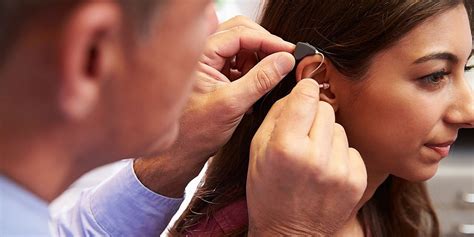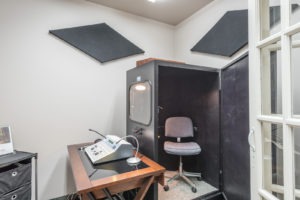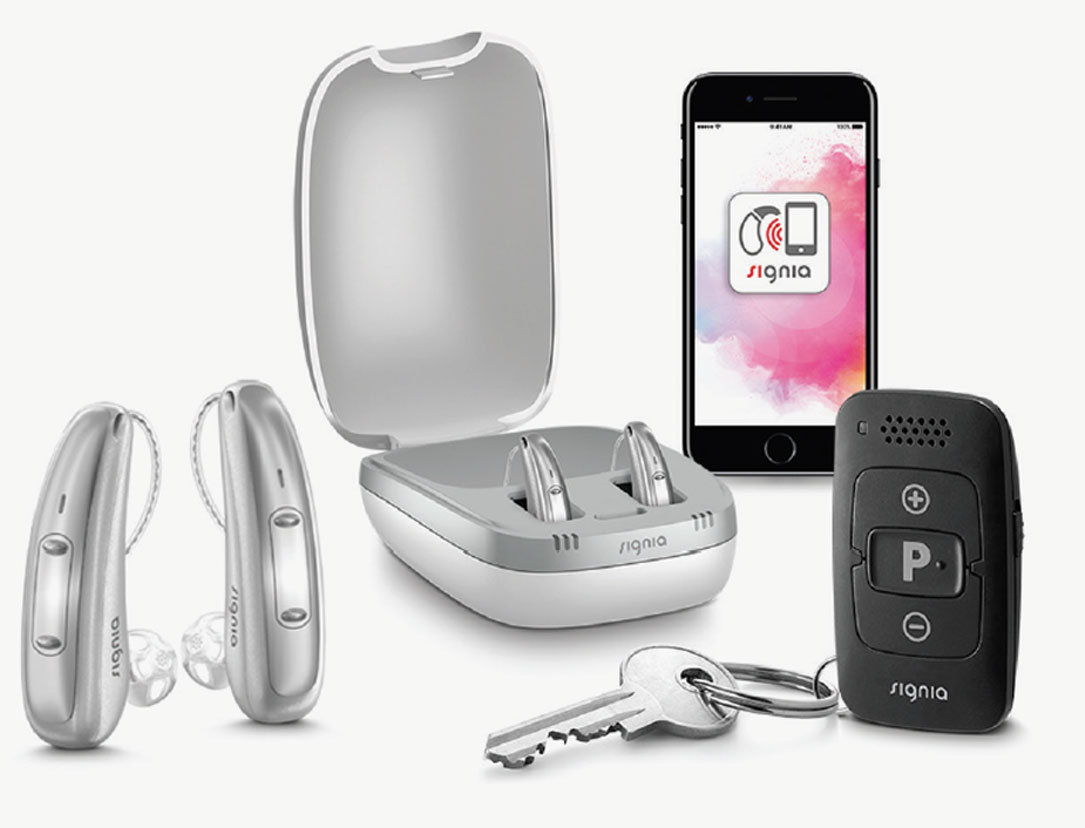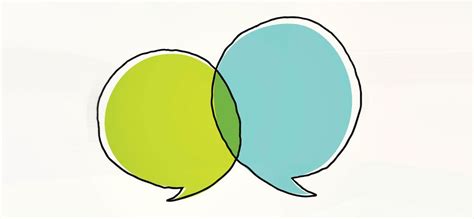Partner Series: Stress and Hearing Loss
Partner Stress Series Part 1 Watch (with headphones is possible) till 1:13. https://www.youtube.com/watch?v=ce30oHq_lT0&feature=youtu.be Having just experienced a small example of what people with hearing loss deal with daily, how do you feel? Could you feel your stress level rising? Hearing loss is more complicated than not just being able to hear... it can create or add to the stress in our lives. In today's world, we have a lot of stress in our lives. According to the American Psychology Association, 75% of adults experience moderate to high stress on a monthly basis and the amount of stress has increased in the last year alone. With this much stress flying around everywhere it’s important we understand what stress is, how it is affecting us; both physically and mentally, and how hearing loss increases and maintains heightened stress levels. So what can we do about it? What is Stress? We all have some idea or definition we immediately think of for 'stress'. It may be a feeling we associate with it, a situation, or a scientific definition. But what is stress really? Stress is "the non-specific response [emotional or physical] of the body to a demand imposed on it”1. by strain or adverse circumstances. At its fundamental base, stress is an imbalance. Within our bodies, our systems are constantly trying to remain in homeostasis (balance). When things occur in our environment that increase the energy needed to accomplish a task, it changes how our body reacts. Chemicals in our brains change, our circulatory...










Recent Comments